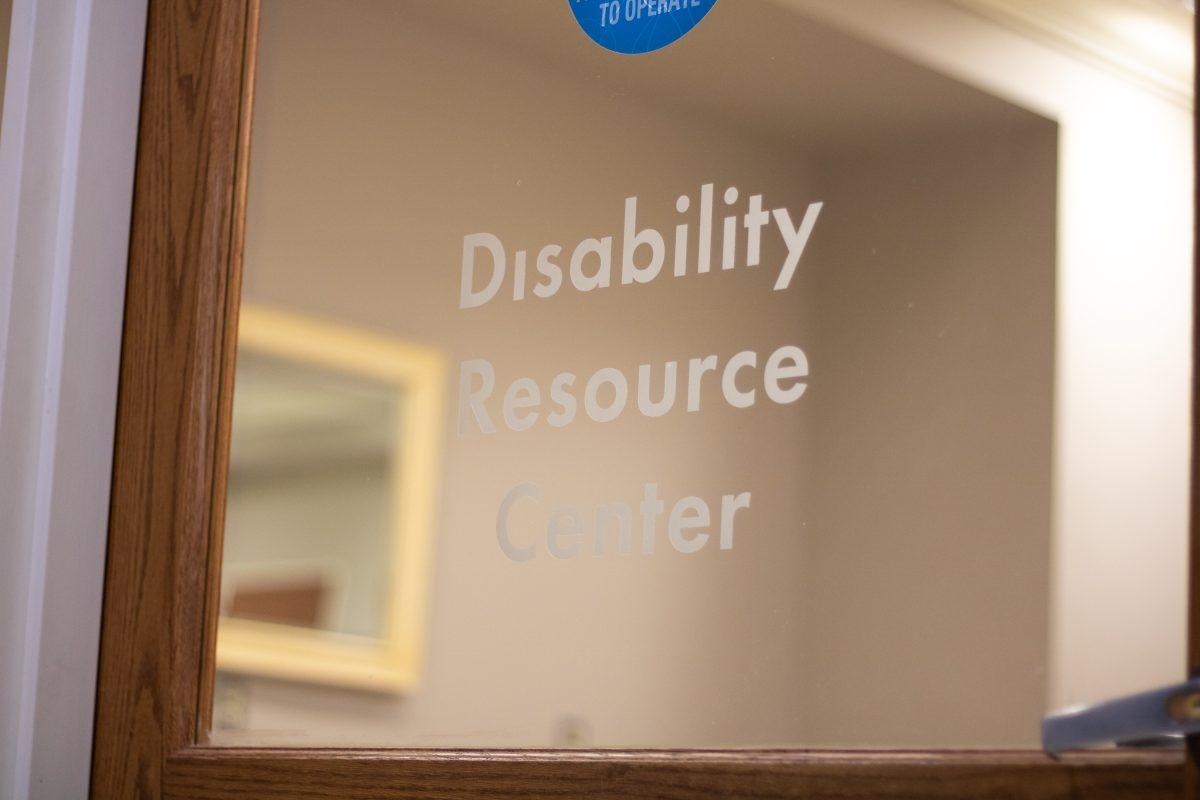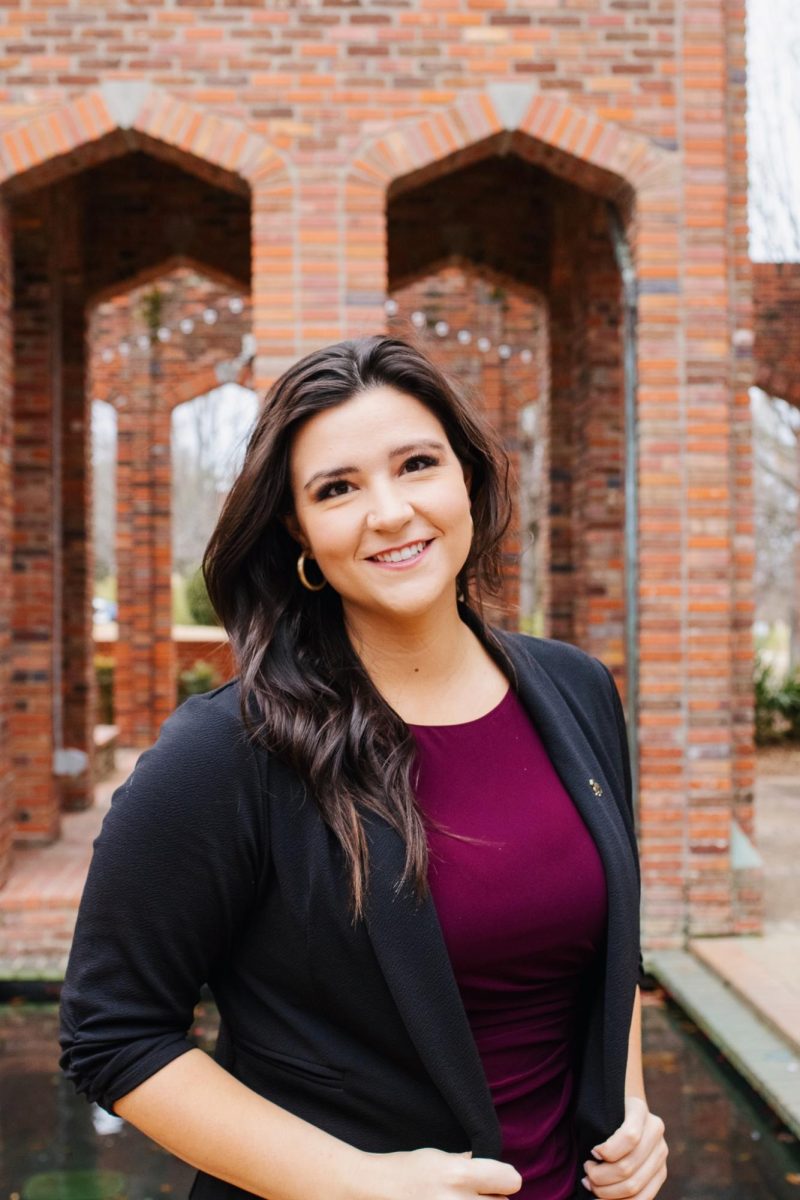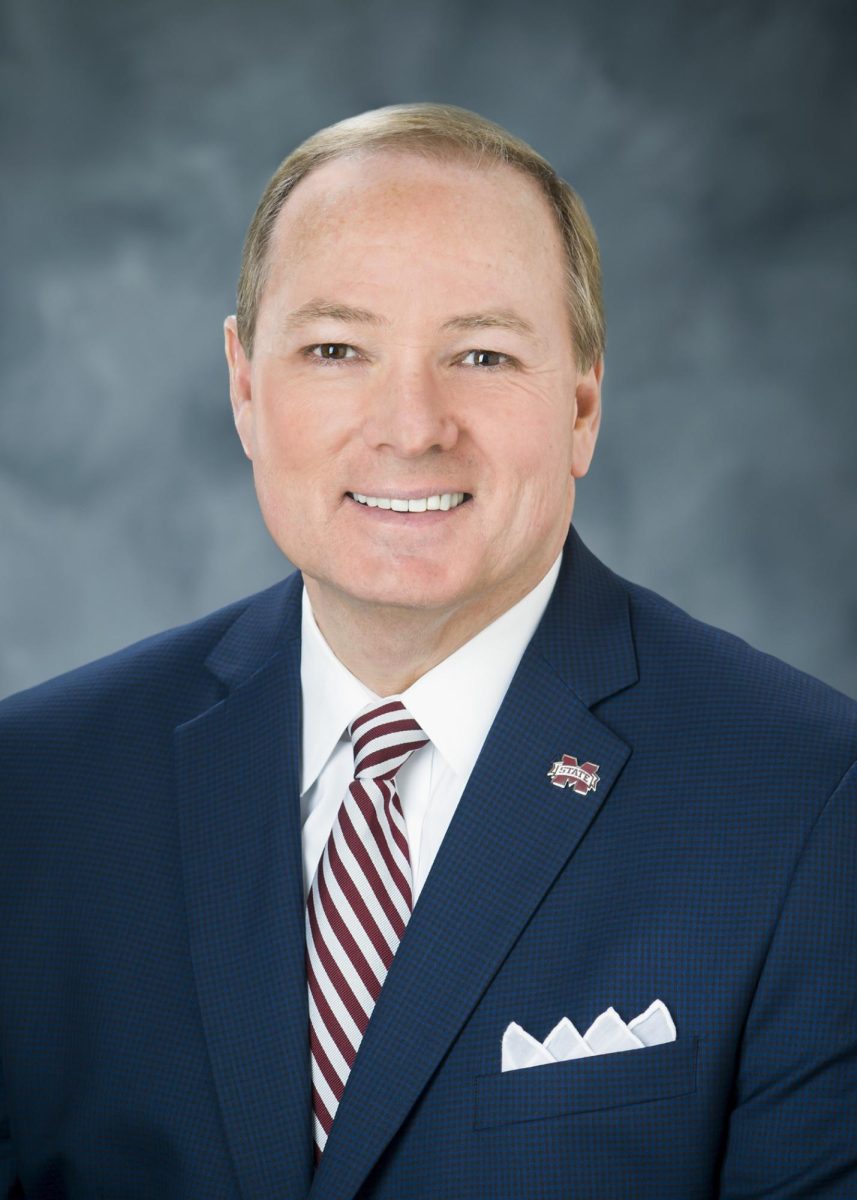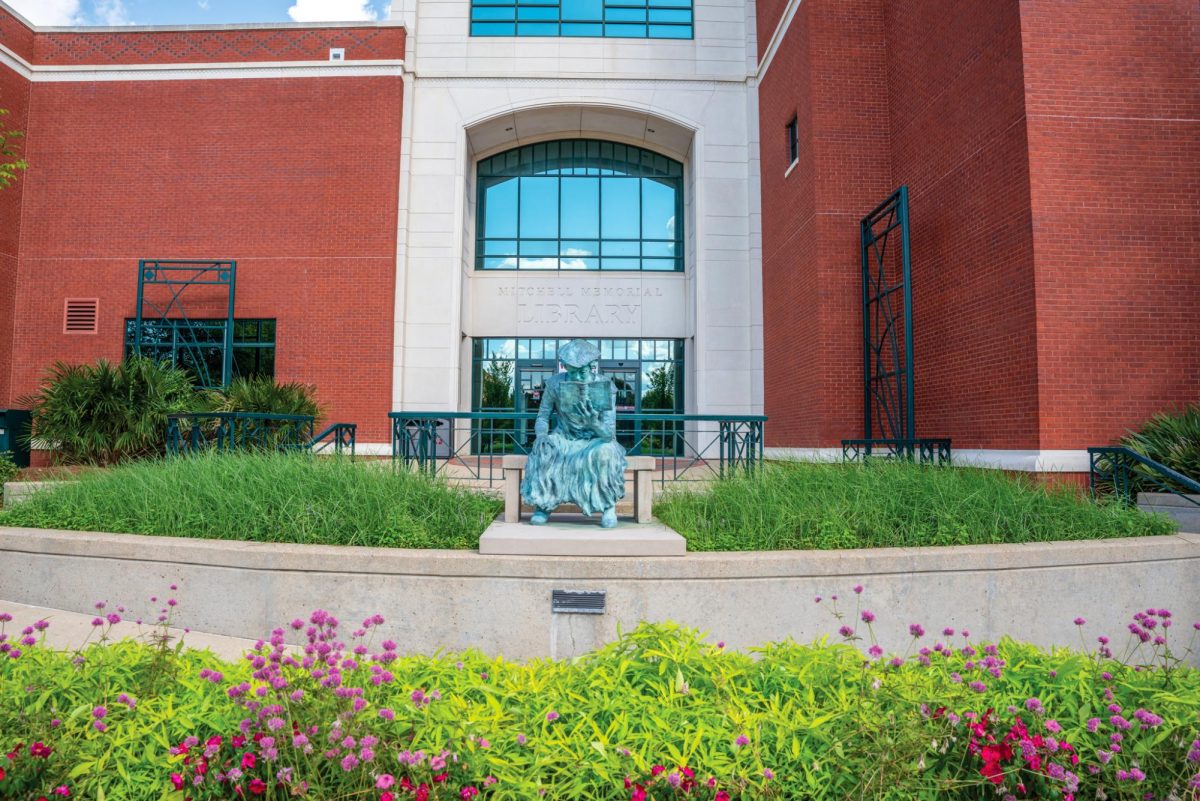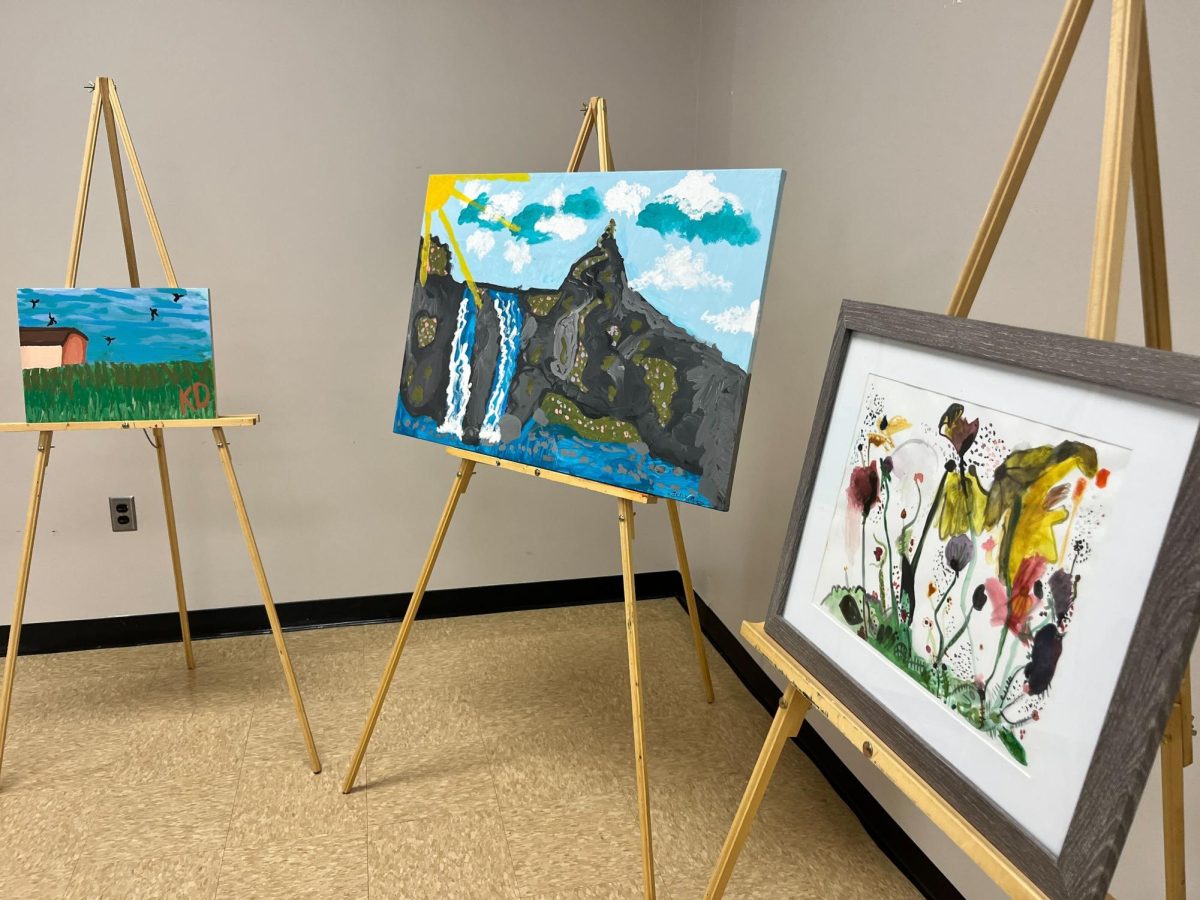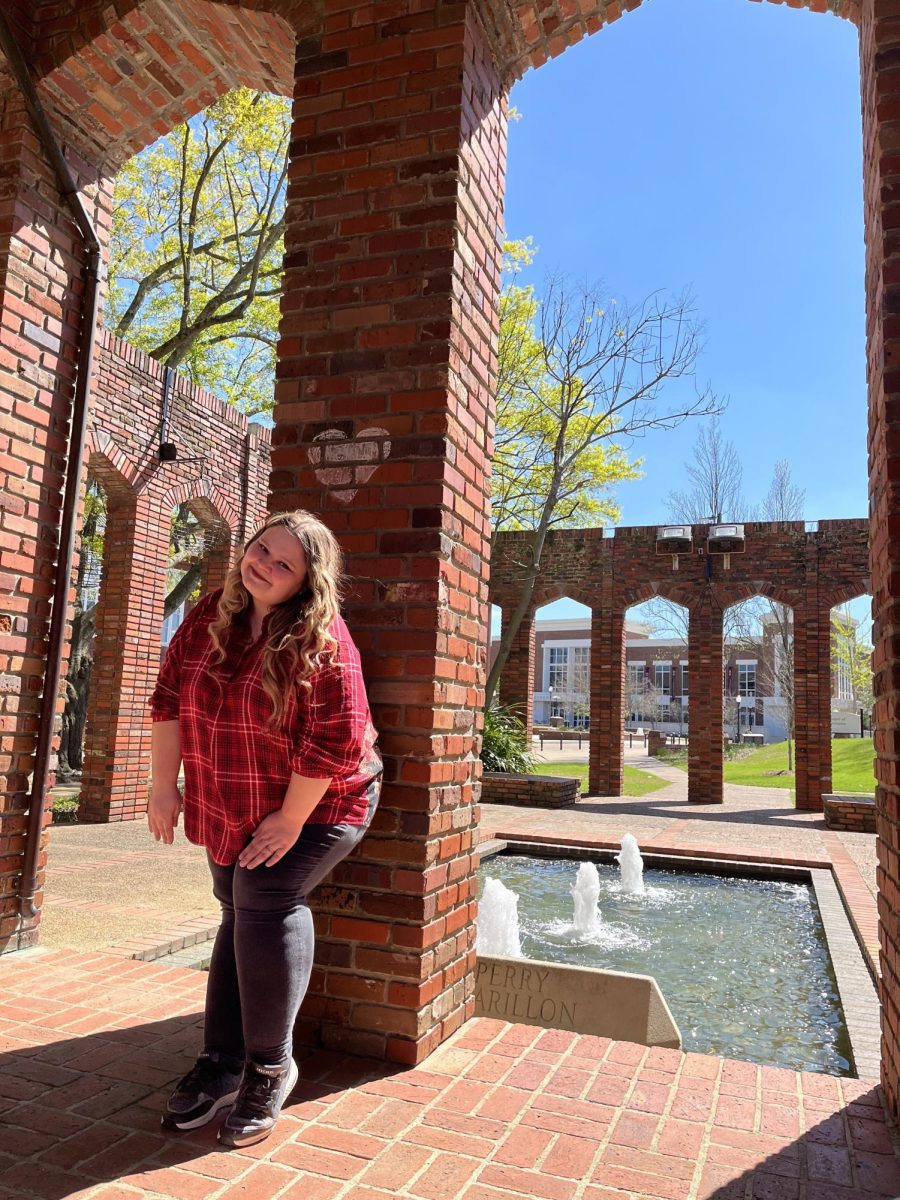Mississippi State University is considered an equal opportunity school, meaning it prohibits discrimination of any kind on campus. There are many programs and resources for students with disabilities on campus.
The ground floor of Montgomery Hall houses the Disability Resource Center (DCR), which provides accommodations for all students who identify as disabled. It provides services such as testing accommodations, note-taking help and additional resources.
Associate Director of the Disability Resource Center Micah White outlined the biggest issue with accessibility on campus.
“Historical buildings can be hard to upgrade,” White said. “There are committees on campus who specifically address accessibility, but these older buildings were built before the ADA.”
Disability Coordinator Carla Zimber said the DRC does anything it can to aid students in accessibility.
“If a student with disabilities has issues getting to and from class or getting into their dorm, it is addressed immediately,” Zimber said.
Zimber explained that the DRC can easily change classes and housing assignments to accommodate students. If any student seeks accommodations for any qualifying disability, the DRC is readily available to help them.
DRC employees say they are striving to make campus even more inclusive in the future. Sign language interpreter Niall Cook explained the importance of inclusion for the disabled on college campuses.
“If everything from the get-go was designed accessible for those disabled, from the physical infrastructure to course design and instruction, students could feel more included,” Cook said.
While MSU and the DRC work together to make campus as accommodating as possible, last year, the policy subgroup of Freshmen Groups discovered an issue with entryways on campus.
Former policy subgroup member and current MSU sophomore Matteo Mauro explained the inconsistencies the group saw.
“We noticed that there was no consistency in buildings that had ‘push to enter’ buttons,” Mauro said.
These buttons are a requirement outlined in the Americans with Disabilities Act (ADA) which prevents discrimination of disabilities, specifically in public organizations.
While conducting field work, Matteo found that ten residence halls, some of which offered daily classes, did not have ADA button accessibility. This inspired the freshmen policy team to write legislation and push for the addition of these buttons.
“While some might argue that this issue is minute, these unnecessary burdens classify as discrimination against people with disabilities,” Mauro said. “ADA codes apply to buildings of public organizations, meaning that Mississippi State has a responsibility to ensure these issues do not occur.”
The policy team’s efforts are still underway, and the group wrote legislation to pass the new construction of “push to enter” buttons in all residence halls.
Mary White, a self-identified student with both physical and mental disabilities, believes MSU does a great job accommodating her needs and making her feel valued.
“No one really told me I could go to college, so when I heard about Mississippi State’s ACCESS Program, I was so happy to get in,” Mary White said. “It made me really excited, and I felt like I could do anything.”
The ACCESS Program matches student volunteers to members of the program and incorporates students with disabilities to classmates, organizations and events on campus. White says the program is actively helping her achieve her dreams of becoming a public speaker for those with disabilities.
White said she has a positive view of her daily environment on campus.
“There’s always some people who won’t understand, but those are only some people,” White said. “My favorite part about going to school here is meeting new people, hanging out with friends and getting involved.”
White said she does not think MSU could do anything differently to improve her student experience. She further explained how people on campus can relate to those with disabilities.
“No matter who people are, everyone is different,” White said. “Be patient and mindful that all people with disabilities are different.”
What does disability accessibility look like on campus? Students, DRC employees respond
Landon Scheel | The Reflector
Located in Montgomery Hall, the Disability Resource Center offers assistance to Mississippi State University students who are disabled.
About the Contributor

Lizzie Tomlin, Staff Writer
Lizzie Tomlin is a senior political science major. Lizzie is currently a staff writer for The Reflector.



















































































